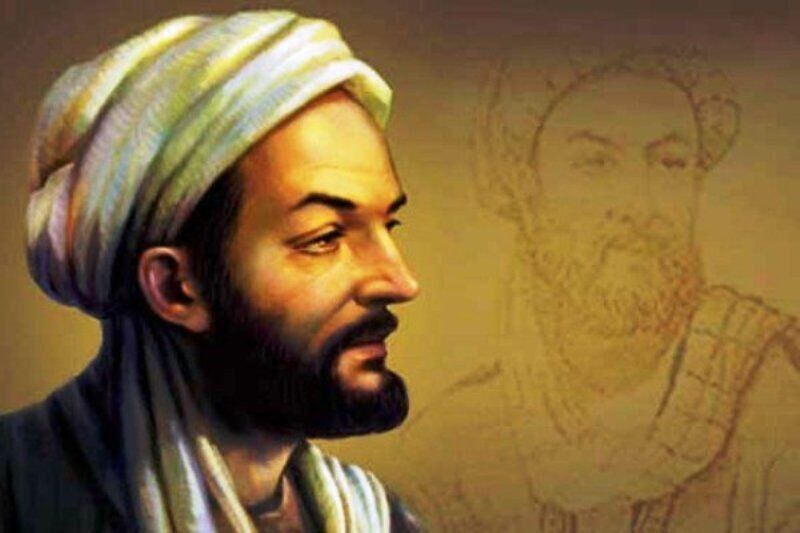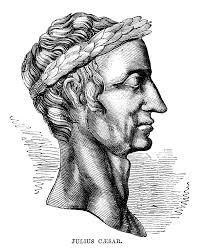
Introduction
Avicenna, also known as Ibn Sina (980–1037), was a Persian polymath, widely regarded as one of the most influential philosophers, physicians, and scholars of the Islamic Golden Age. His contributions spanned various fields, including medicine, philosophy, astronomy, and mathematics. His works shaped the intellectual landscapes of both the Islamic world and Europe for centuries, especially in the realms of medicine and philosophy.
Early Life and Education
Birth and Background
Avicenna was born in 980 CE in Afshana, a village near Bukhara (modern-day Uzbekistan), which was part of the Samanid Empire. His full name was Abu Ali al-Husayn ibn Abdullah ibn Sina. His family was wealthy, and his father was an important figure in the region. His early years were marked by a thirst for knowledge and education, as his family valued learning deeply.
Education in Bukhara
At the age of ten, Avicenna had already memorized the Qur’an and was excelling in subjects like arithmetic, literature, and philosophy. By the time he was a teenager, he had mastered the works of Greek philosophers, particularly Aristotle, and also studied the Islamic sciences. He was also mentored by some of the greatest scholars of the time, including al-Natili and al-Majusi, who played a significant role in shaping his intellectual pursuits.
Medical and Philosophical Journey
Mastery in Medicine
Avicenna’s interest in medicine began early. He was fascinated by the human body and its workings, and by the age of 18, he had mastered most of the medical texts of the time. His first major achievement in medicine came when he cured the Samanid ruler, Nuh ibn Mansur, of a chronic illness. His success in treating the ruler earned him widespread recognition and paved the way for his future medical career.
The Canon of Medicine
Avicenna’s greatest contribution to medicine is undoubtedly “The Canon of Medicine” (Al-Qanun fi al-Tibb). Written in 1025, this work became the standard medical text in both the Islamic world and Europe for centuries. It covered a vast array of topics, including anatomy, diagnosis, pathology, pharmacology, and surgery. The Canon also introduced advanced concepts in medicine, such as the understanding of contagious diseases and the use of experimentation in medical practice. It was used as a textbook in European universities well into the 17th century.
Philosophical Contributions
Avicenna’s philosophical works were deeply influenced by the Greek philosopher Aristotle, but he also integrated Islamic theology into his philosophical system. One of his most notable contributions to philosophy was his development of a metaphysical system based on the notion of existence. His major philosophical work, “The Book of Healing” (Kitab al-Shifa), dealt with logic, natural sciences, mathematics, and metaphysics. Avicenna’s work in philosophy helped bridge the gap between Greek philosophy and Islamic thought and influenced later thinkers like Thomas Aquinas in the West.








